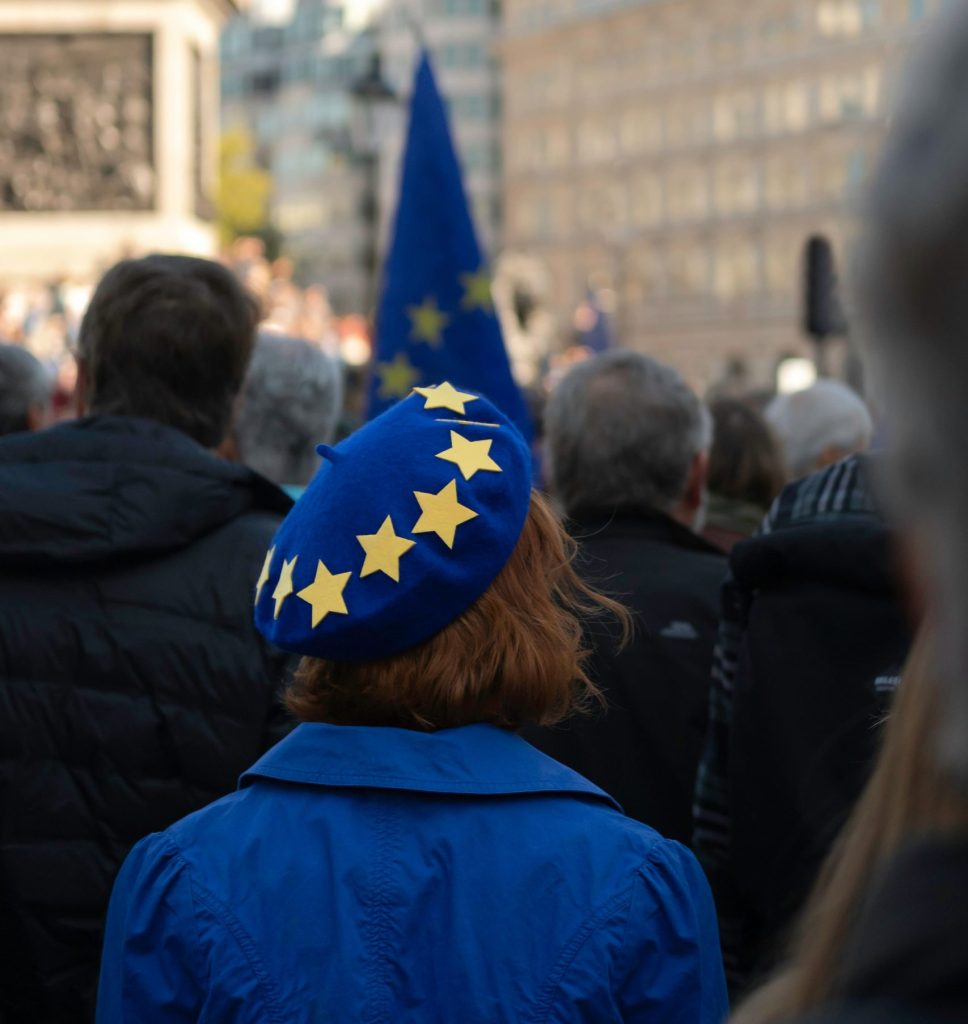[FR] ‘Europe without barriers’ and ‘Europe that protects’

The juxtaposed presidencies of the European Union by France and the Czech Republic provide a good insight into their respective approaches and visions of the European project. This is an opportunity for each country to set out the priorities for its presidency and to articulate the relationship between national interests and those of the Union, between the political leanings of the governments in power and the reference to shared European values that are supposed to provide a common foundation.
However, the scope of an EU presidency must be put into perspective. Firstly, these are European priorities and the country holding the presidency cannot impose “its” priorities, but must seek consensus through dialogue and consultation with the Commission and the Member States. Above all, however, the rotating presidency is far too short to allow for any fundamental changes to the European agenda. As Silvio Berlusconi said when he inaugurated the Italian presidency after a lively exchange with MEPs: ‘Don’t worry, it’s only for six months!’ Presidencies are short, whereas the priorities of the Union that need to be formulated are long-term. Hence the need for coordination between successive presidencies, the ‘trio’ of France – Czech Republic-Sweden, in this case. It is also important to distinguish between the fundamental priorities of each EU presidency and issues of coordination or political timing.
When analysing the priorities of the countries holding the EU presidency, it is also important to distinguish between those of the governments and those desired by public opinion or civil society actors. Public opinion in EU member states prioritises employment, prices, crime, health, immigration, etc. Fifty-eight per cent of Europeans (60% of French and 45% of Czech citizens) view EU membership positively. There is a notable difference of opinion on future enlargement. New members are generally much more favourable than older members, where opinion is clearly hostile to further enlargement (66% of Germans, 62% in France, 61% in Austria). The most negative opinions concern the possible accession of Turkey and, to a lesser extent, Albania. Only Croatia’s accession has the support of more than half of Europeans. 70% of European citizens support the idea of offering a different type of relationship with the EU that is distinct from membership. EU enlargement cannot continue without a change in European public opinion.




